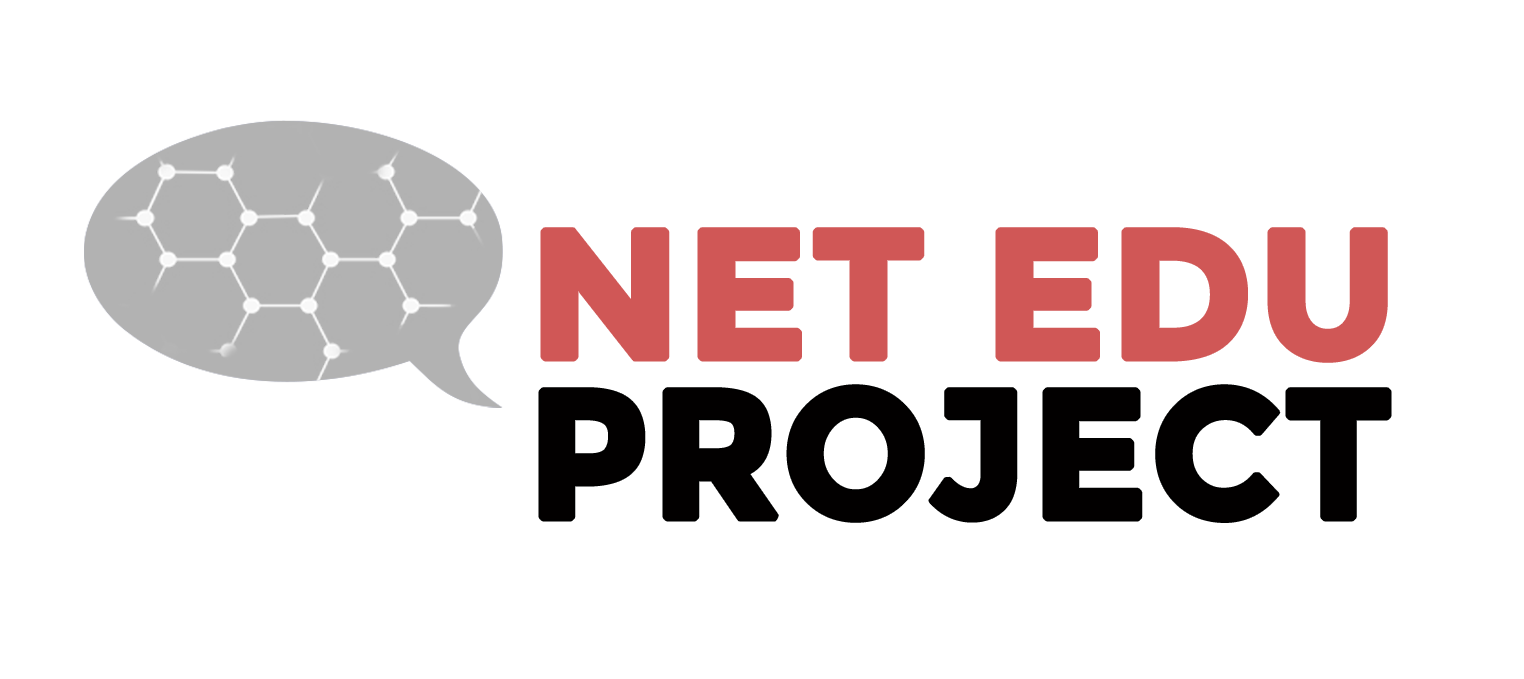We are honored to present the Learning Ecosystem Trilogy, an amazing 3 year journey of collaborative international action-research around human learning and flourishing in our complex world. It is definitely hard to briefly and meaningfully share how this Trilogy and the 3 Reports come together, but I will try… We humans are stories, and stories are very important for all my family and for me, as they play a relevant role in my life and growth. Famous Italian writer and storyteller Gianni Rodari said that Fairy Tales are the place for all hypotheses. As a father of a 5 year old daughter and a 8 year old boy, I daily experience the power of stories for learning, unlearning, understanding, questioning, imagining new worlds and enjoying our time together. So today I will share with you the Learning Ecosystem Trilogy Fairy Tale:
I hope you enjoyed it! For all that are willing to take a deeper look, below you will find the links to the 3 reports, co-crafted between 2020-2023 by the NetEdu Project team (PSITIC Research group in FPCEE Blanquerna URL). These examine how learning ecosystems change, evolve and flourish over time in diverse contexts. They consider the systemic enablers which need to be unleashed and seeded by decision makers and leaders in the ecosystem to enable system-wide learning and human flourishing to occur. The first report offers an overview and an evolutionary framework for considering the emergence of learning ecosystems. The second examines learning ecosystem development at a school level, through the use of The SchoolWeavers Tool in South Africa, Spain, Switzerland and Taiwan. Finally, the third report articulates and examines how learning ecosystems may be supported at a National level, through the use of the Learning Ecosystem Tool for National Government, deepening in a Case Study in Ghana.
The reports offer research-based explorations within international contexts into the experiences that school and regional leaders face in embracing a Learning Ecosystems approach, and weaving relational capacities into their systems for deeper and wider levels of learning and flourishing. Before the report links, we also invite you to see them through a telescope:
Thank you to all who have indicated an interest in reading and reflecting on the Learning Ecosystem Trilogy Reports, and for continuing to co-create and craft this journey with us. We hope that these efforts will support leaders of learning, wherever they may be found, with practical, experiential, and supportive tools to enable the «being and becoming» of a thriving learning ecosystem culture.
We hope they bring you reading pleasure!
Report 1: An Evolutionary Framework for Flourishing Learning Ecosystems

Link: http://hdl.handle.net/20.500.14342/3599
Report 2: SchoolWeavers Tool – Weaving school ecosystems for belonging and human-centred learning

Link: http://hdl.handle.net/20.500.14342/3598
Report 3: Mapping and analyzing national Learning Ecosystems for SDG4. The NetEdu Hub in Ghana

Link: http://hdl.handle.net/20.500.14342/3600
Our tremendous thanks to the whole team that has worked selflessly, and with commitment, on this project. Thanks too to all our colleagues and friends who have walked this journey with us, shared their wise advice and insights, and helped us to trial and prototype this work. Our gratitude too to our organisational partners – UNESCO, Jaconbs Foundation, PSITIC, Blanquerna Universitat Ramon Llull, T-Tel Ghana, the Ghanaian Ministry of Education, and DXTera. We welcome your ongoing engagement, and if you would like to give us your feedback, have a further conversation, experiment with any of these tools, or partner with us in the continuing evolution of these approaches, please let us know by completing this expression of interest: www.bit.ly/TellMeMoreLET or by emailing me on jorgedg@blanquerna.url.edu.

Thank you for your friendship and support!
Jordi Díaz Gibson. Learning Ecosystem Trilogy Lead, Professor and researcher in FPCEE Blanquerna, Ramon Llull University (Barcelona, Spain). Lead of the NetEdu Project.

